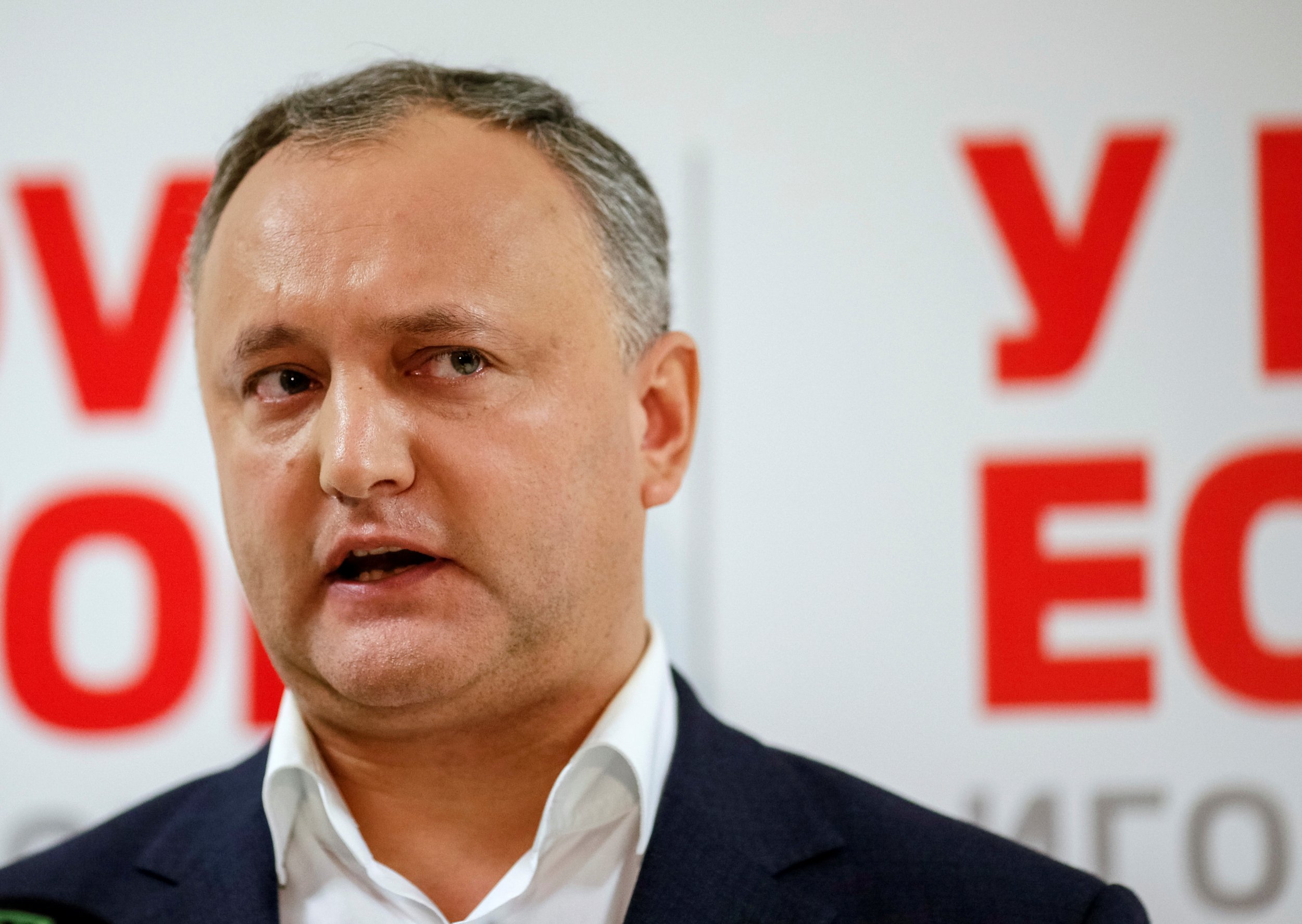
This article first appeared on the American Enterprise Institute site.
America was not the only country with a pivotal vote in the past few days. Last week, pro-Russian presidents were elected in Moldova and Bulgaria.
On November 20, a new government in Estonia headed by the Center party—with ties to Putin's ruling United Russia party—took power.
Related: Is Putin's Threat to Invade the Baltics a Distraction?
The rise of pro-Russian governments that threaten decades of post-Communist progress is an insidious trend. Putin's threat to Western democracies cannot just be measured in how many hours it would take him to storm Tallinn. The challenge he poses is far more nuanced.
Estonia's minuscule size and proximity to Russia make it an obvious target for a military invasion, a fact not lost on many, many, many observers. One oft-cited Rand report this year argues Russian forces could reach the capitals of all three Baltic Republics in 60 hours.
Baltic vulnerability is old news. Stalin knew it in 1940. So did Peter the Great two centuries before. Furthermore, attacking a full NATO member, protected by the Article 5 collective defense clause, would be an extraordinarily bold step even for Putin.
But Putin's aggression toward his neighbors is not a binary sort between intervention and nonintervention—rather, it is carefully calculated spectrum to balance risk and reward.
In Georgia, with little risk of Western blowback and a flimsy casus belli, Putin used conventional forces openly. In Ukraine, with greater risk of retaliation, covert forces were necessary. In the NATO-member Baltics, Putin has used indirect methods, from violating airspace to launching cyberattacks and even abducting an Estonian intelligence officer.
Putin's playbook where military action could provoke a response is clear. He counts on his low-level aggression to be ignored. He aggressively pushes increasingly popular and trusted Russian state-sponsored media and their attacks against the West.
Finally, bolstered by the Kremlin's portrayal of a crumbling West and backed by saber rattling, he supports anti-EU, antiglobalist, pro-Russian politicians in the U.K., France and Germany and parties and leaders in Moldova, Bulgaria, Hungary, Greece, Poland—and now, perhaps, in Estonia.
Putin's support for chosen political allies and his aggressive anti-Western propaganda blitz could pave the way for more autocratic regimes bent on curtailing civil liberties to come to power. These non-military actions are not a prelude to some future military attack on Europe. They are the attack.
The U.S. can do more. Militarily aiding Ukraine, increasing NATO's deterrence and convincing NATO members to honor promised levels of defense spending are good starts. The Transatlantic Trade and Investment Partnership (T-TIP) , which will economically bind the US and the EU closer to the benefit of both—and help alleviate the economic woes fueling the rise of populist autocrats—is critical.
Finally, substantively supporting existing European organizations already combating Russian propaganda must underpin any policy. U.S. military deterrents will resemble occupying forces if Russia keeps winning the information war.
These policies will repair the damage Putin has already done to the U.S.'s European allies and help strengthen their democratic institutions. Yes, tanks could be in Tallinn within hours. But Putin's attack is already underway.
Read more from Newsweek.com:
Putin's Saber-Rattling Spooks Ukraine and the Baltics
Counting Down to a Russian Invasion of the Baltics
Russia Prompts 20 NATO Air Force Scrambles in Baltics
Uncommon Knowledge
Newsweek is committed to challenging conventional wisdom and finding connections in the search for common ground.
Newsweek is committed to challenging conventional wisdom and finding connections in the search for common ground.
About the writer
To read how Newsweek uses AI as a newsroom tool, Click here.





